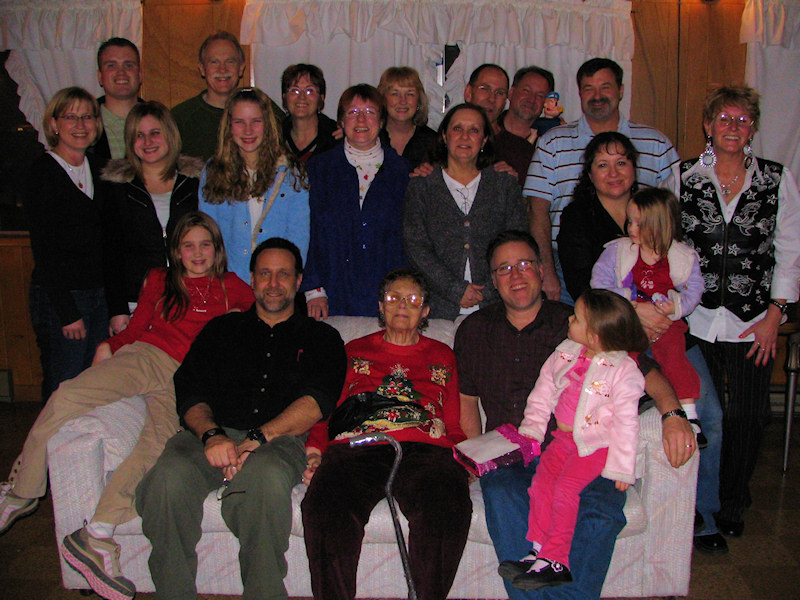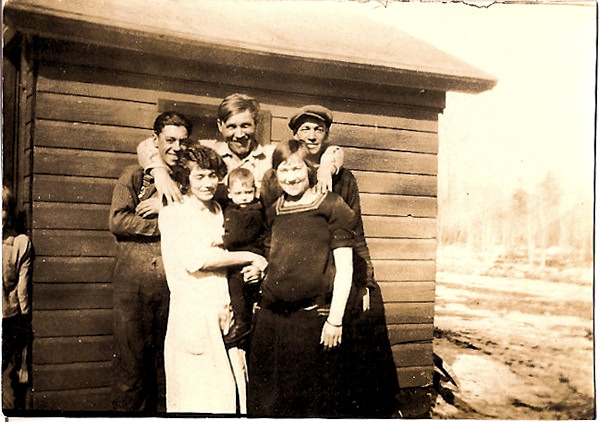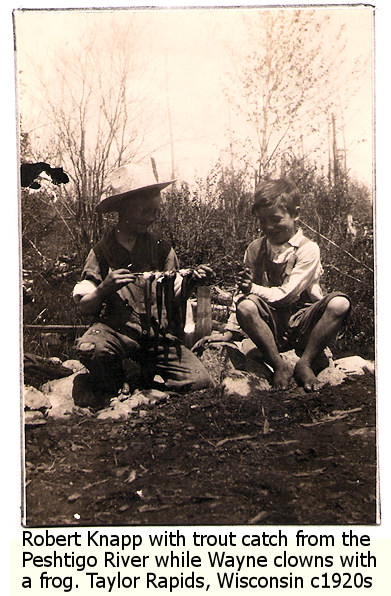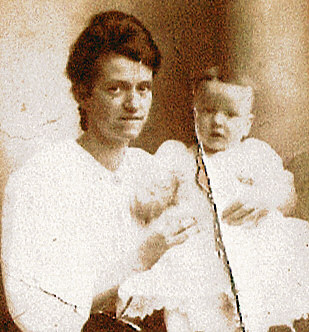“Using Coroner’s Records,” by Mary Penner from 24/7 Family History Circle on Ancestry.com offers some great tips for working with Coroner Records, a historical reference I never thought about before:
If your ancestor had an untimely end, check for details in the local coroner’s records. Dating back some 900 years, the coroner’s system traces its beginnings to medieval England. Death was serious business in merry old England. Strict and complex rules governed death, its circumstances, and the handling of corpses. The coroner imposed hefty fines on community residents who side-stepped the rules regarding dead persons.
It was particularly bothersome when strangers to a community turned up dead in their midst. The responsibilities and potential financial consequences for those who discovered stray dead people could be so great that villagers sometimes dragged a dead body to a nearby village and left the unfortunate soul on someone else’s doorstep.
The coroner’s position evolved over the years from fine collector to its current primary responsibility, which is investigating suspicious, violent, sudden, or unattended deaths.
Most Recent Articles by Lorelle VanFossen
- The Myths and Mysteries and Hunt for Nicholas Knapp
- The Perpetual Calendar
- GenSmarts: Reminder to Not Assume
- Gensmarts Saves Your Family History Research Life
- Digging Through Historical Newspapers Online





